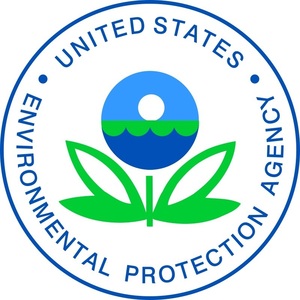EPA sets alternative RIN retirement schedule for small refineries

August 30, 2022
BY Erin Krueger
The U.S. EPA on Aug. 29 issued a final rule creating an optional alternative renewable identification number (RIN) retirement schedule for small refineries under the Renewable Fuel Standard for compliance year 2020. The agency action finalizes a proposed rule issued in June.
The alternative RIN retirement schedule provides small refineries with additional time and a broader range of RINs to comply with their 2020 RFS obligations. The EPA proposed the alternative compliance schedule because the agency determined that there are extenuating circumstances specific to the 2020 compliance year, including a limited availability of RINs and the significant delay in EPA issuing its decisions on small refinery exemption (SRE) petitions.
Advertisement
Advertisement
Under the final rule, small refineries that elect to use the alternative RIN retirement schedule will have to fully comply with their 2020 RFS obligations, including any RIN deficits from 2019 carried forward into the 2020 compliance year, by Feb. 1, 2024.
The alternative RIN retirement schedule includes five quarterly retirement deadlines, spanning from Dec. 1, 2022 through Feb. 1, 2024. Since the deadlines extend into the 2024 calendar year, small refineries are potentially able to use 2021, 2022, 2023, and 2024 RINs to satisfy a portion of their 2020 RVOs.
“EPA is taking this action because small refineries may need more time to plan for compliance with their RFS obligations given EPA’s delay in deciding [SRE] petitions and setting the associated compliance deadlines,” the agency said in the final rule.
Advertisement
Advertisement
Related Stories
The U.S. EPA on July 8 hosted virtual public hearing to gather input on the agency’s recently released proposed rule to set 2026 and 2027 RFS RVOs. Members of the biofuel industry were among those to offer testimony during the event.
The USDA’s Risk Management Agency is implementing multiple changes to the Camelina pilot insurance program for the 2026 and succeeding crop years. The changes will expand coverage options and provide greater flexibility for producers.
EcoCeres Inc. has signed a multi-year agreement to supply British Airways with sustainable aviation fuel (SAF). The fuel will be produced from 100% waste-based biomass feedstock, such as used cooking oil (UCO).
President Trump on July 4 signed the “One Big Beautiful Bill Act.” The legislation extends and updates the 45Z credit and revives a tax credit benefiting small biodiesel producers but repeals several other bioenergy-related tax incentives.
CARB on June 27 announced amendments to the state’s LCFS regulations will take effect beginning on July 1. The amended regulations were approved by the agency in November 2024, but implementation was delayed due to regulatory clarity issues.
Upcoming Events










